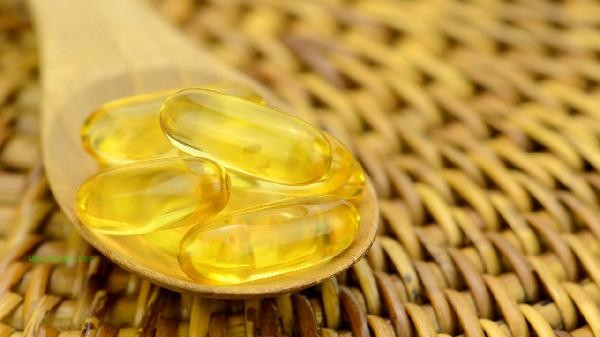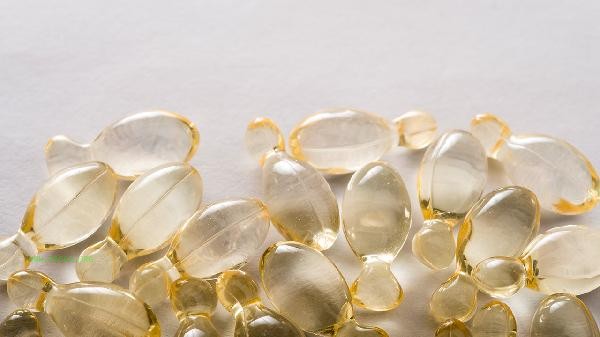Adults need to supplement 100 milligrams of vitamin C per day, and pregnant and lactating women can increase it appropriately to 130 milligrams. The daily requirement of vitamin C is mainly related to factors such as age, physiological status, disease recovery, smoking, etc.

1. Age difference
The daily vitamin C requirement for children is 40-65 milligrams, while for adolescents it is 75-90 milligrams. Elderly people are advised to maintain the same intake of 100 milligrams as adults due to decreased absorption capacity. The demand for vitamin C will gradually increase during the growth and development period.
2. During special physiological periods [SEP], women in the middle and late stages of pregnancy need to increase their daily intake by 10 milligrams, and during lactation, they need to increase their intake by 30 milligrams. Women during menstruation may need to supplement with vitamin C to promote iron absorption due to iron loss. Long term oral contraceptives require an increase of 20 milligrams in intake.
3. Smoking population
Smokers should add an additional 35 milligrams of vitamin C per day, while passive smokers should add 10-15 milligrams. The harmful substances in tobacco can accelerate the metabolism of vitamin C, leading to rapid depletion of the body's reserves.
4. Disease recovery

After surgery, patients can supplement 200-400 milligrams per day to promote wound healing. Short term increase to 200 milligrams during a cold can help shorten the course of the disease. Patients with iron deficiency anemia need to supplement vitamin C with iron supplements.
5. Special occupations
high-temperature workers need to increase their daily intake by 30-50 milligrams to supplement sweat loss. Athletes can increase their training intensity by 50-100 milligrams. Long term exposure to chemical pollutants requires an increase in vitamin C intake. Vitamin C can be obtained through fresh vegetables and fruits, such as bell peppers, broccoli, kiwifruit, fresh dates, etc., which are all high-quality sources. When cooking, it is recommended to stir fry quickly or mix cold to reduce nutrient loss. Under normal dietary conditions, there is no need for additional supplements. Excessive intake may lead to gastrointestinal discomfort or the risk of urinary system stones. It is recommended to consult a nutritionist or physician before supplementing for special populations to avoid using anticoagulant drugs simultaneously.




Comments (0)
Leave a Comment
No comments yet
Be the first to share your thoughts!